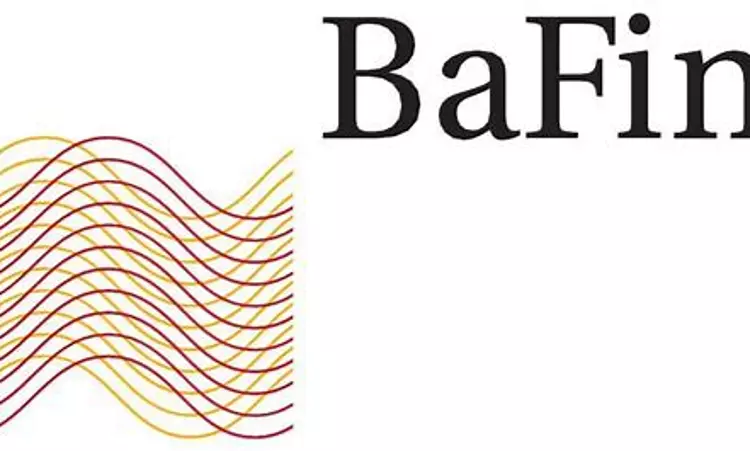Germany Imposes ₹1,038 Crore Fine On Citigroup For Trading Control Failures
Rajesh Kumar
24 Jun 2024 1:15 PM IST

Next Story
24 Jun 2024 1:15 PM IST
Germany's Federal Financial Supervisory Authority (BaFin) has imposed an administrative fine of €12.975 million (₹1,038 Crore) on Citigroup Global Markets Europe AG due to significant lapses in the firm's trading system controls. The fine came in response of breaches of the German Securities Trading Act (Wertpapierhandelsgesetz - WpHG). The breaches pertain to incidents in...
